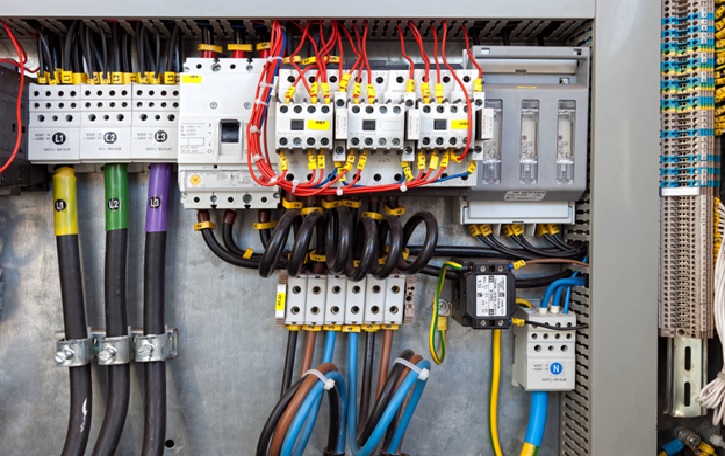In today’s fast-paced world, businesses and industries are constantly seeking ways to improve efficiency and reduce costs. One of the most significant advancements in this quest is electrical automation.
This technology revolutionizes how machines and processes operate, bringing numerous benefits that enhance productivity and profitability. Let’s explore why electrical automation is becoming indispensable in various sectors.
Enhanced Efficiency
Electrical automation simplifies complex tasks that once required human intervention. By integrating sensors, controllers, and actuators, machines can perform repetitive operations with precision and speed. For instance, in manufacturing, automated assembly lines ensure consistent output and minimize errors, leading to higher production rates and reduced waste.
Cost Savings
Implementing electrical automation often results in substantial cost savings over time. By optimizing energy usage and reducing labor costs, businesses can allocate resources more effectively. Moreover, advancements like led retrofit allow for energy-efficient lighting solutions, lowering electricity bills and contributing to sustainability efforts.
Improved Safety
Safety is paramount in any work environment. Electrical automation enhances workplace safety by handling hazardous tasks that pose risks to human workers. Automated systems can operate in dangerous conditions or handle toxic materials without jeopardizing human health. This reduces accidents and ensures compliance with stringent safety regulations.
Precision and Consistency
Consistency is key to achieving high-quality products and services. Electrical automation ensures precise control over manufacturing processes, maintaining uniformity in outputs. Whether in food production, pharmaceuticals, or automotive assembly, automated systems deliver products that meet strict standards, enhancing customer satisfaction and brand reputation.
Scalability and Flexibility
Business needs evolve over time, requiring scalable solutions that can adapt to changing demands. Electrical automation offers flexibility by enabling quick adjustments to production schedules and product configurations.
This agility allows businesses to respond promptly to market trends and customer preferences, staying competitive in dynamic industries.
Data-driven Insights
Incorporating electrical automation generates vast amounts of operational data. Sensors and monitoring systems collect real-time information on equipment performance, energy consumption, and production metrics.
Analyzing this data provides valuable insights for optimizing processes, predicting maintenance needs, and making informed business decisions.
Environmental Sustainability
As businesses strive to reduce their environmental footprint, electrical automation plays a crucial role. Technologies like LED retrofitting not only lower energy consumption but also minimize carbon emissions. Automated systems optimize resource usage, reduce waste generation, and support sustainable practices across industries.
Enhanced Productivity
Productivity gains are a direct outcome of electrical automation. By automating routine tasks, employees can focus on more value-added activities that require human creativity and problem-solving skills. This boosts overall efficiency and morale within the workforce, fostering a culture of innovation and continuous improvement.
Conclusion
In conclusion, electrical automation represents a transformative leap towards efficiency, safety, and sustainability across industries. From optimizing energy usage with LED retrofitting to enhancing production processes through precise automation, the benefits are clear.
Businesses that embrace these technologies not only streamline operations but also position themselves for long-term success in a competitive global market. As the landscape continues to evolve, investing in electrical automation remains a strategic imperative for achieving operational excellence and driving sustainable growth.

